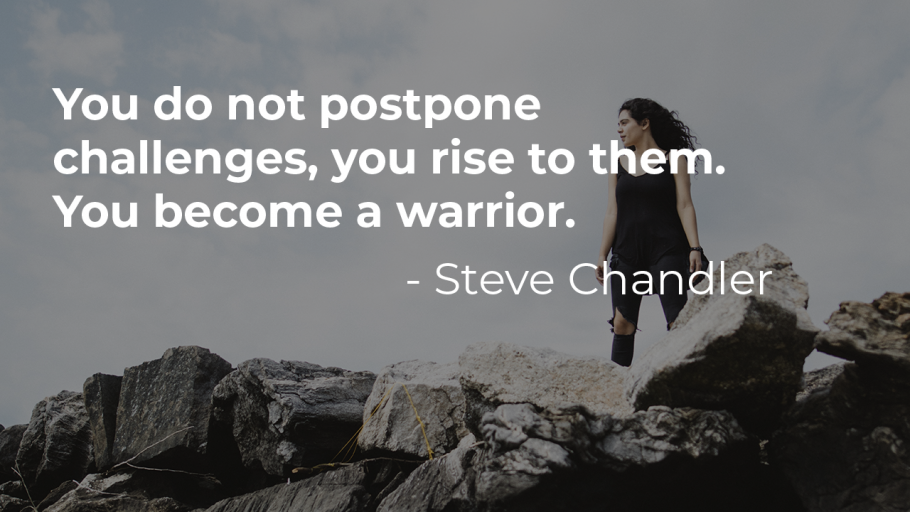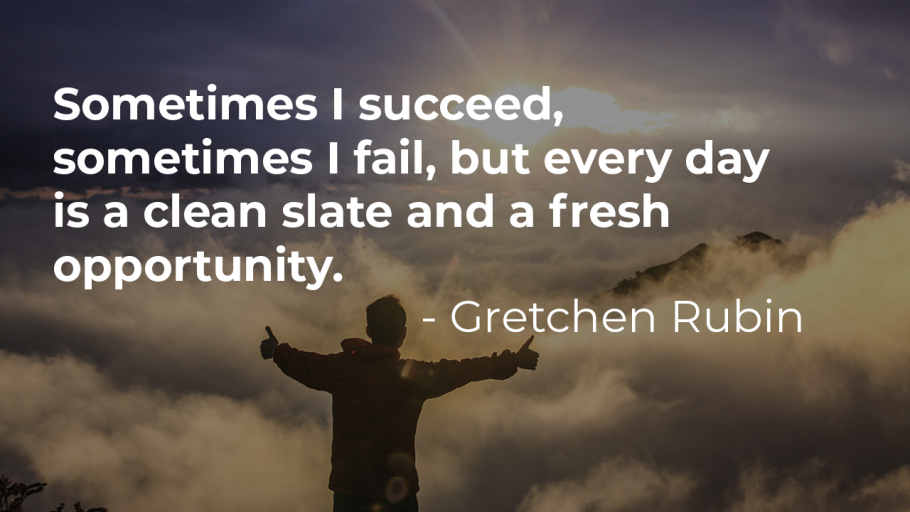As summer is over, the matter of productivity becomes a hot topic almost for everyone. Whether you are a student or a 9-to-5 office clerk, you most likely get easily distracted when there is work to do. You find it hard to stay energized and motivated throughout the day and dread every working day that follows. As a matter of fact, I often fail to use effective time management strategies myself. But I know people who are pros in this direction. And we can learn a lot from these experts.
For this article, I’ve selected 7 books that will help you master your time and get things done as you expected. All of them are bestsellers that helped many people to take a new look at time management. Maybe one of them is the one to make your life more organized. All of these books are written in a different style, so everyone can find the one he or she will like. So, do not wait for your life to improve by itself—learn how you can use your time more effectively.
1. How to Stop Procrastinating: A Simple Guide to Mastering Difficult Tasks and Breaking the Procrastination Habit

Procrastination is probably the first reason why our time management fails. If you are one of the people easily distracted by every minor thing, this anti-procrastination guide is for you. S. J. Scott, the author of this bestseller, shares his own story of overcoming procrastination and gives an action-oriented solution to this problem. Developing good time management skills takes a while, but this is the thing everyone can do. The language of this book is simple and the author’s advice is practical. If you want to prioritize your tasks better and do them in a timely manner, this book is for you.
2. Organize Tomorrow Today: 8 Ways to Retrain Your Mind to Optimize Performance at Work and in Life
The book is written by two star business coaches who know how to make the most of their working day. Dr. Jason Selk and Tom Bartow offer us 8 ways to organize our activities smartly. This is an improvement strategy you can learn and immediately implement in your life. The authors also offer us mental training that will make us focused and energized beginning from the morning (which sounds incredible) and a few tips on how to break blocks that hinder us from becoming successful. It looks like a great book for entrepreneurs, but it is also a useful guide to implement time management for students.
3. Time Warrior: How to Defeat Procrastination, People-pleasing, Self-doubt, Over-commitment, Broken Promises and Chaos

To a greater extent, our procrastination can be explained as a way of treating ourselves negatively. How can we be productive if we constantly question our abilities, ignore our own interests, and panic because every little thing goes wrong? In this book, Steve Chandler gives his recipe for overcoming these and more personal disasters that do not let us perform in full. From this book, you will learn how you can master your time and increase productivity, changing the way you treat yourself.
4. The Autobiography of Benjamin Franklin
I bet you did not expect such a book to be on this list. Still, Franklin is exactly the man who knew how to organize his time to remain a successful public figure. In the story of his life, Franklin tells what lessons he learned at different stages of his political career. The book is considered the best example of an autobiography ever written, but it is not the thing we are most interested in. The memoirs of this founding father can teach ti+me management for students, office workers, and everyone who wants to be successful.
5. The Happiness Project: Or, Why I Spent a Year Trying to Sing in the Morning, Clean My Closets, Fight Right, Read Aristotle, and Generally Have More Fun
What is the purpose of effective time management if it does not help us achieve happiness? This is the story of how Gretchen Rubin took a one-year attempt to discover what is it that makes us motivated in work and life. The point is to take a global concept, like a happy life, and transform it into pieces of advice that are easy to implement for everyone. The “happiness book” is very positive and easy to read. And of course, it will give you some fresh ideas on how to rearrange your routine to live a little happier than you do now.
6. The Checklist Manifesto: How to Get Things Right
How often do you use checklists for work and life? I need them all the time, otherwise I would forget about a good deal of small but important tasks. The accomplished surgeon Atul Gawande also found tremendous advantages of keeping checklists as he implemented this strategy in his hospital. The Checklist manifesto is a breathtaking story of how we can improve our lives and get more things done by using one of the simplest time management activities. If you like adventures, this book is written for you.
7. 168 Hours: You Have More Time Than You Think
We all feel that 24 hours are not enough for one day. However, it makes 168 hours every week, which is a huge time span. In her book, Laura Vanderkam explains how we can change our perception of time to get more things done. Focusing on the most important things first is one of the most essential time management strategies Vanderkam gives. It can help us make room for family, sports, hobbies, and whatever always falls out of our schedule. From this book, you will learn that you already have enough time to do many things. And it’s the right time to use it wisely.
A final word on “effective ever after”
We cannot dismiss that becoming a top achiever at work can be terribly hard. Also, implementing smart time management in college can be annoying. But it is really worth trying to make the best of the time we all have. Rethinking the way we treat our daily routines can bring us wonderful opportunities we never noticed. Hopefully, books on this list will help you change your life for the better easily.





